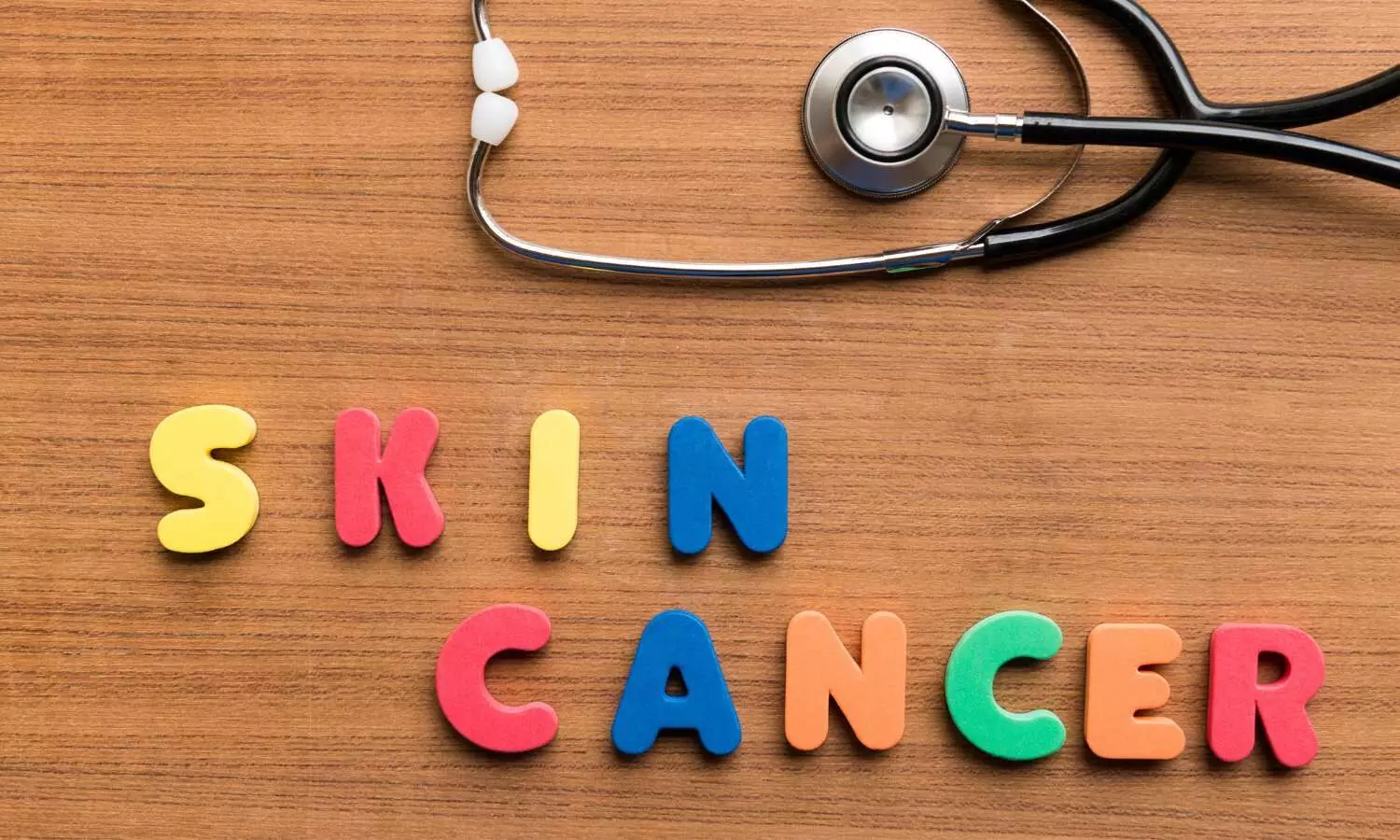By Dr. Kamal Kant Kohli,Medha Baranwal
Copyright medicaldialogues

USA: A large Veterans Affairs (VA) cohort study has found that taking nicotinamide—a vitamin B3 derivative sold over the counter—significantly lowers the risk of developing skin cancer.The protective effect was strongest when the supplement was started soon after a patient’s first skin cancer diagnosis, according to findings published in JAMA Dermatology by Dr. Kimberly F. Breglio and colleagues from the Durham VA Medical Center, North Carolina. Nicotinamide, a form of vitamin B3, is inexpensive, widely available without prescription, and generally well tolerated. Previous small trials hinted at its protective potential, but large-scale evidence had been limited until now. This VA study adds weight to the idea that nicotinamide could be a practical chemopreventive option for patients with a history of skin cancer, especially when started early in the disease course.The retrospective analysis explored whether regular nicotinamide supplementation could help prevent new skin cancers in a real-world population. Using Veterans Affairs electronic health records from October 1999 through December 2024, researchers reviewed data on 33,822 veterans. Among them, 12,287 patients took oral nicotinamide 500 mg twice daily for at least 30 days, while 21,479 served as matched controls who did not use the supplement. Participants were matched on factors such as age, sex, race, history of prior skin cancers, and other treatments, allowing a balanced comparison. The study led to the following notable findings:Nicotinamide use was linked to a 14% lower overall risk of developing new skin cancers compared to those not taking the supplement.Starting the supplement soon after the first skin cancer reduced risk by 54%, showing the greatest benefit with early initiation.The protective effect covered both basal cell carcinoma and cutaneous squamous cell carcinoma (cSCC), with the strongest impact on cSCC.When nicotinamide was started after multiple skin cancers, its preventive benefit gradually declined.Among solid organ transplant recipients—who face higher skin cancer risk due to immunosuppressive therapy—overall risk reduction was not statistically significant.Early use of nicotinamide after a first cancer episode in transplant recipients still showed a notable decrease in cSCC risk, underscoring the importance of timing.The authors emphasized that while the findings are promising, further prospective trials could help refine guidance on dosage, timing, and patient selection. Still, for many individuals at risk of recurring non-melanoma skin cancers, this easily accessible vitamin supplement may offer an effective and low-cost strategy to reduce future disease burden.Reference:Breglio KF, Knox KM, Hwang J, et al. Nicotinamide for Skin Cancer Chemoprevention. JAMA Dermatol. Published online September 17, 2025. doi:10.1001/jamadermatol.2025.3238



